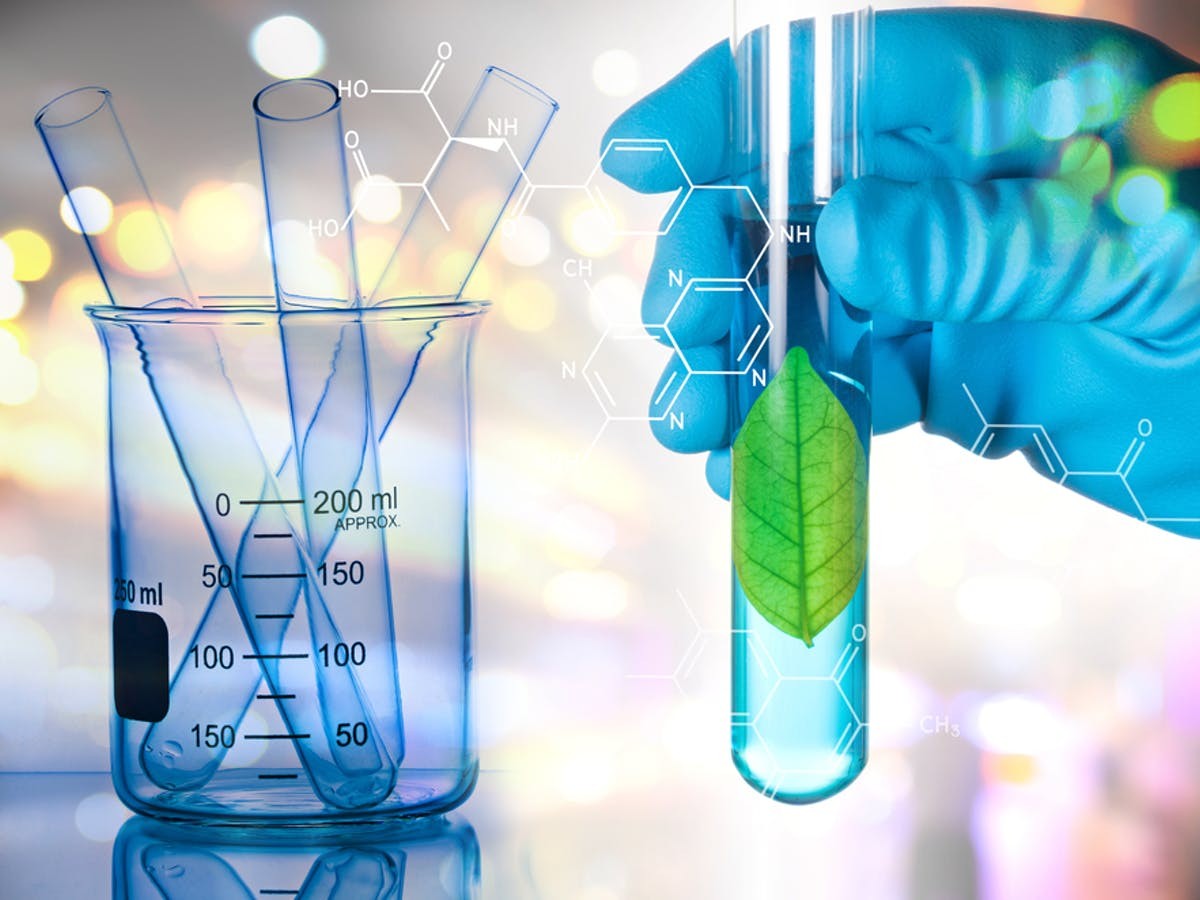Difference between Chemistry and Applied Chemistry
Many different applications are found in chemical and applied science research. The materials studied and equipment utilized for analysis overlap in the biological sciences, materials science, engineering, or pharmaceutical sciences.
Modern chemistry can be divided into pure and applied research but they appear as two similar terms. In pure chemistry, the primary goal of researchers is to improve humanity's knowledge of chemistry. Chemists use applied chemistry to achieve a specific practical purpose.

Research Types:
The two main forms of scientific research are pure and applied. It's easy to see how practical and pure chemistry are intertwined and what is the difference between them? When learning about human anatomy to become a better surgeon, chemical analysis involves studying how things operate in order to comprehend what they are.
Lets understand the difference between similar terms:
Pure Chemistry: What is it?
Pure chemistry is regarded as a foundational subject. The importance of understanding what something is and why it exists outweighs the benefits of using it. Because of its focus on "why," pure chemistry is primarily concerned with "how." Then we go on to the next thing since there is no next step.
Observation and experimentation are two of the essential chemical fundamentals on which the base of pure chemistry relies. Physics, Materials Chemistry, Chemical Engineering, and Medicinal Chemistry are primary research areas of pure Chemistry.
Example of Pure Chemistry:
Pure chemistry deals with basics, for example:
When you learn everything about mushrooms, such as their name, where they grow, and what's in them, but you never apply that information to what you can do WITH the mushroom, that's pure chemistry!
Applied Chemistry: What is it?
When you use past knowledge to attain a goal, you're doing applied chemistry. Researching and using the information to assist, benefit, or harm humans, plants, and animals is an example of applied chemistry. When it comes to addressing environmental concerns and developing innovative new materials, applied chemistry is becoming increasingly essential in the 21st century. Both polymer chemistry and medicinal chemistry play a significant part in applied chemistry.
Students studying applied chemistry will learn about a wide range of chemical areas. In these disciplines, scientists work with various materials, such as metal compounds, inorganic and organic chemicals, and polymers and proteins.
Example of Applied Chemistry:
Scientists studied the COVID-19 virus, and Pfizer utilized that information to develop a COVID-19 vaccine.


